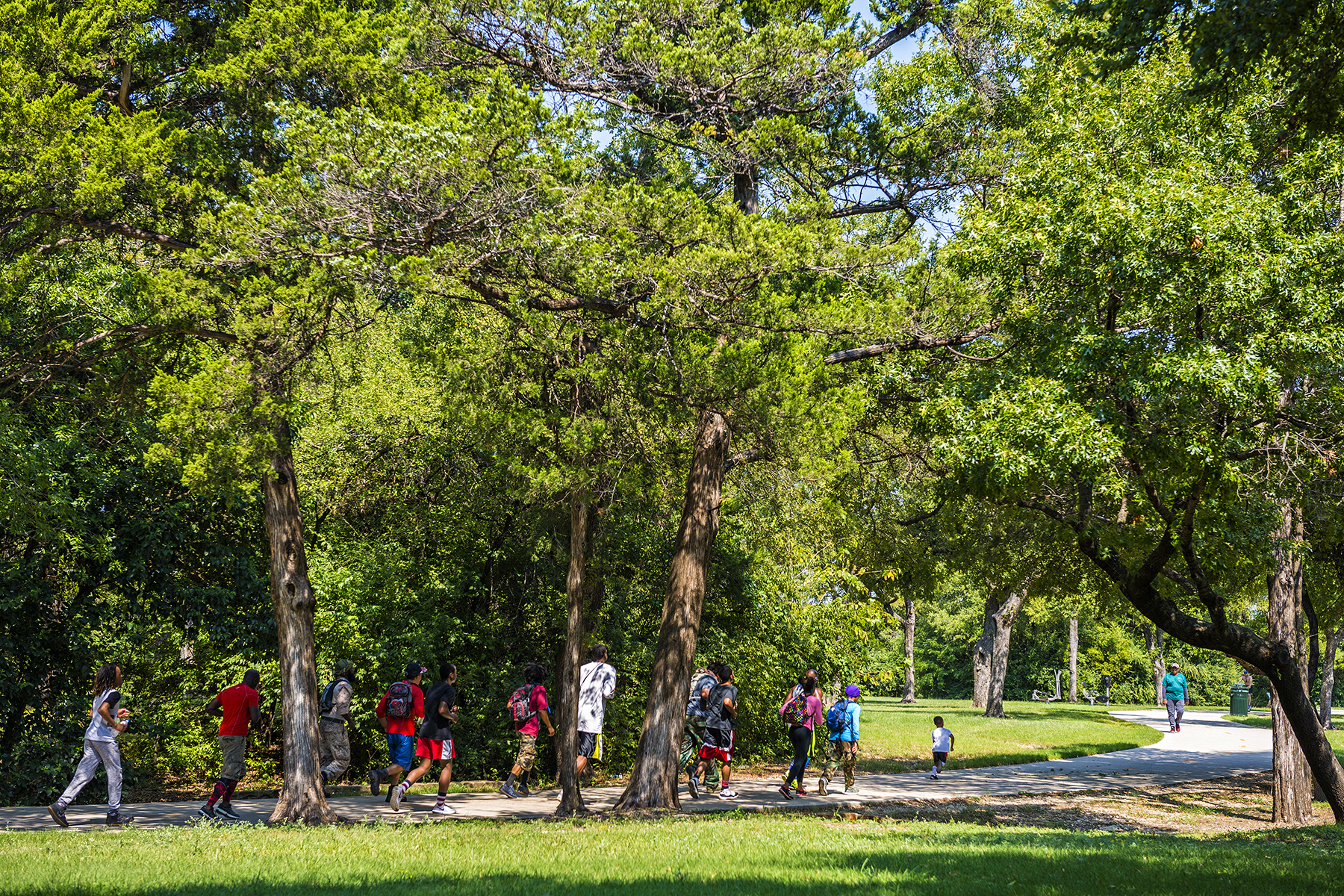
Photography by Danny Fulgencio
By Liz Goulding
The new year, a time of ephemeral promise. Some of you reading this love New Year’s, and others hate it. I guess like everything else these days, it’s a bit polarizing.
I’ve come to think of New Year’s as neither good nor bad, but rather a tool. Tools can be used all kinds of ways. To use a tool well we must understand its place and purpose. Without this understanding we will likely misuse the tool or not use it at all.
The New Year’s tool I’m talking about is inspiration. Your relationship to inspiration might say a lot about how you feel about New Year’s.
To my mind, inspiration is best used when it’s seen as a catalyst. It’s the energy that precedes action. It helps us gather ideas and make plans. It’s an invitation to imagine ourselves anew.
But there’s also a false promise baked into popular New Year’s rhetoric. And that’s that inspiration is enough. Which, when you take a step back and think about it, is pretty funny. The idea that a few days’ worth of inspiration is going to carry you through weeks and months of habit building and action makes absolutely no sense. Inspiration is necessary but not sufficient, and problems arise when we confuse the two.
Instead of being deflated, I hope you find this idea liberating. When we accept it, we’re free to let inspiration be what it is, and then build on it from there with other tools.
If inspiration is this fleeting energy, then how do we harness it? Like most things, it depends on how you work best. How often do you feel inspired? What are you doing when ideas and inspiration usually come to you? How can you put yourself in those situations more often? From there it’s important to remember the limits of inspiration. Inspiration often helps us envision the end result, but we need daily and weekly habits and processes to actually achieve the results we want.
Left unchecked, inspiration can cause us to make goals and plans that are too ambitious initially. In our rush to capture the fleeting nature of inspiration, we try to make it all happen in a week or two. I like to encourage people to flip how they usually think about making a plan.
What is the absolute minimum you could do on a daily or weekly basis that would still move you toward your goal? How can you craft your plan so that it would be easy to do day in and day out for weeks or months? Once you’ve mastered your baseline plan, add onto it from there. The feelings that come from making a commitment and meeting it can help propel you forward once inspiration is gone.
The more clients I work with, the more I’ve come to believe in the power of small changes done consistently for long periods of time. You don’t have to do it all when you’re feeling inspired. In fact, I can almost guarantee you that you won’t. Humans don’t walk around inspired 24/7. Just make a plan that you can realistically commit to, even through the days and weeks when inspiration escapes you.
Liz Goulding is a health and wellness coach in Oak Cliff. Reach her at liz@alongsideliz.com and alongsideliz.com.





